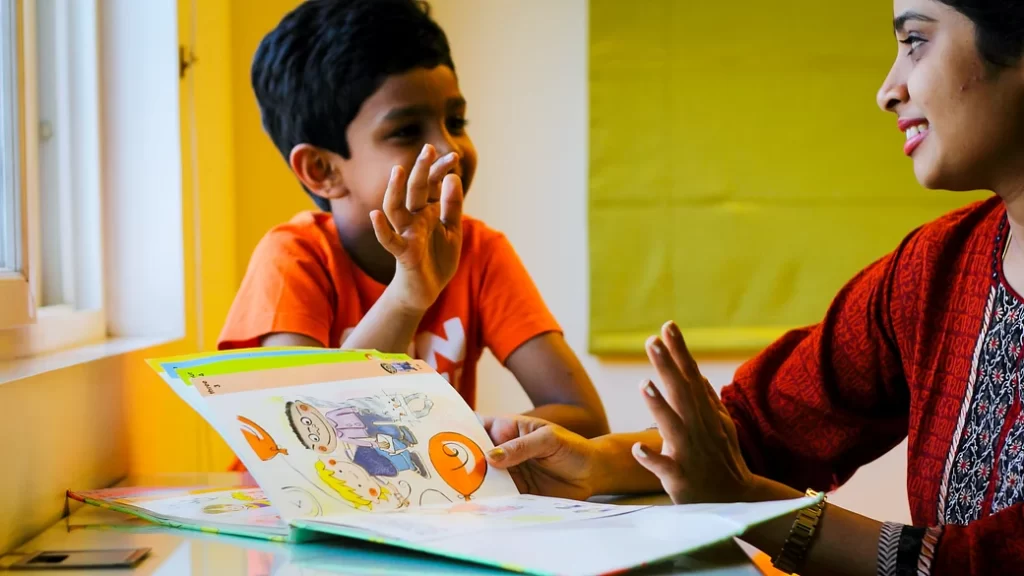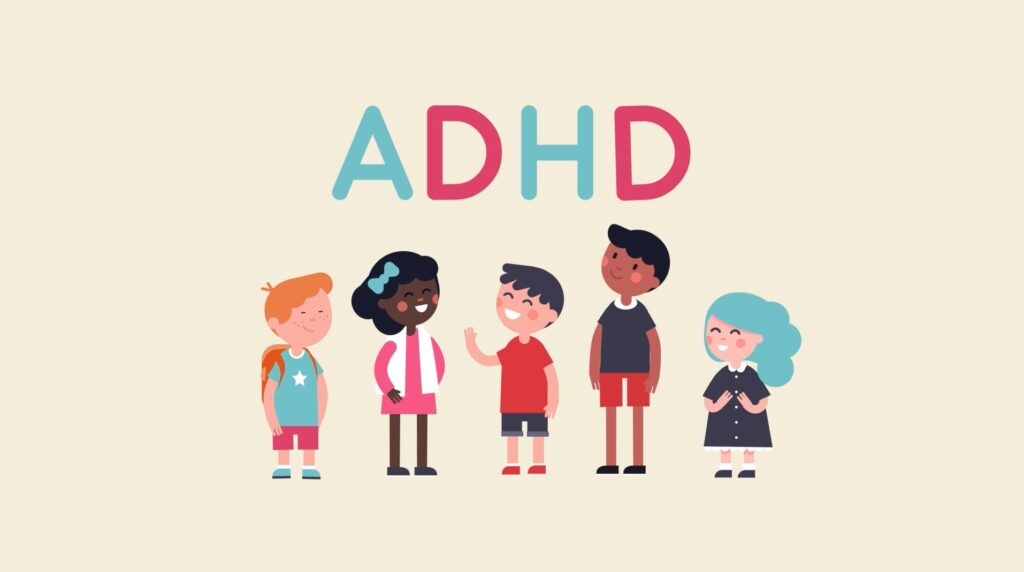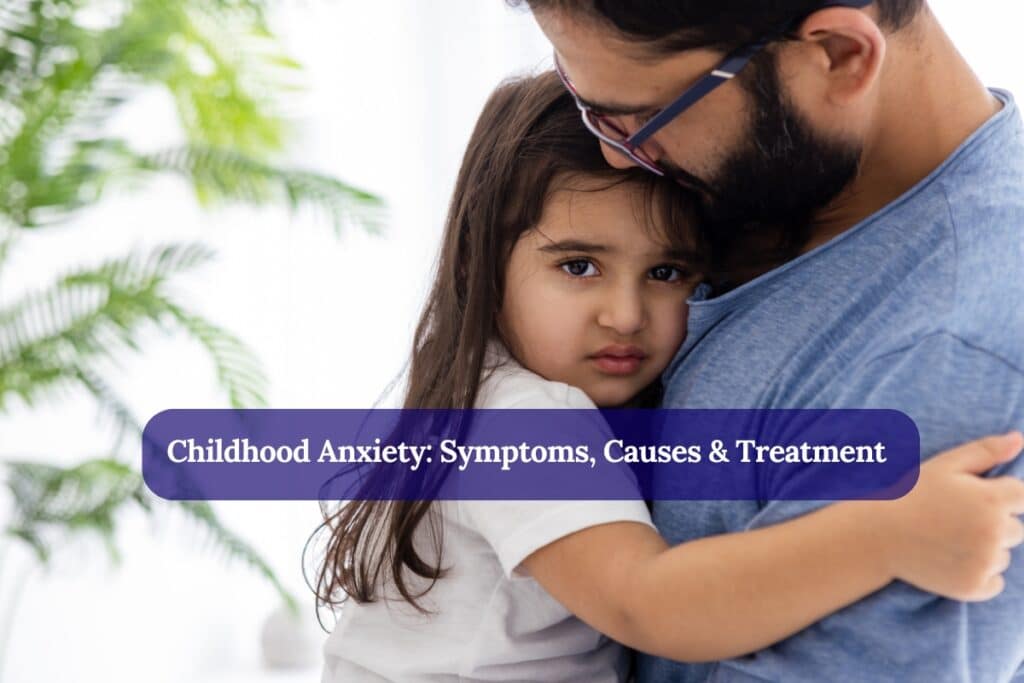“My child is so smart—but they can’t seem to follow simple instructions.”
“She gets good grades but breaks down when asked to wrap a gift or pack her bag.”
“Why does something so basic feel so hard?”
As a child psychologist with over 7 years of experience, I’ve heard these questions in therapy rooms more times than I can count. And no—it’s not laziness. It’s not bad behaviour. And it’s definitely not bad parenting.
In many cases, these struggles point to something deeper: a learning disorder or an underlying processing difficulty that affects how a child understands, organises, or expresses information.
Why This Matters
An estimated 10–15% of school-age children are affected by learning disorders.
Many go undiagnosed—not because the signs aren’t there, but because they don’t match the typical checklist of “dyslexia” or “ADHD.”
Children with conditions like nonverbal learning disorder (NVLD), dyspraxia, or visual-spatial processing challenges may understand complex concepts, but break down when asked to do something simple.
And these challenges are often misunderstood.
This article will help you:
Understand what a learning disorder really is (and what it isn’t)
Spot the less obvious signs that something deeper might be going on
Learn how to help your child, not just in school, but in daily life
Know when to seek help, and what therapy or support actually works
Let’s break down what you need to know—without the jargon, without the guilt, and with real-life understanding.
What Is a Learning Disorder?
A learning disorder is a brain-based difficulty that affects how a child takes in, processes, stores, or uses information. It’s not about intelligence. Children with learning disorders can be bright, creative, and even gifted, but still struggle with tasks that seem easy to others.
There are several types of learning disorders, including:
Dyslexia – affects reading and comprehension
Dysgraphia – affects writing and spelling
Dyscalculia – affects math and number concepts
Nonverbal Learning Disorder (NVLD) – affects spatial skills, coordination, and understanding of nonverbal cues
These aren’t behavior problems or motivation issues.
They’re differences in how the brain is wired.
Learning Disorder vs. Learning Difficulty
A learning difficulty can be temporary or environmental, like falling behind due to stress, trauma, or lack of support.
A learning disorder is persistent and neurological—it doesn’t go away with extra effort alone.

Signs May Be Subtle, But Life-Altering
Children with learning disorders might:
Struggle to understand instructions
Get overwhelmed by multi-step tasks
Be unable to explain what they just learned
Avoid reading, writing, or math
Have low confidence despite strong thinking skills
Sometimes, it’s not about school at all. It’s the everyday things: folding clothes, organising toys, or remembering a simple sequence.
Why Smart Kids Struggle With Simple Tasks
Some children can explain the solar system, but fall apart trying to pack their school bag. Others breeze through verbal quizzes but can’t organise their desk or fold a shirt.
This mismatch confuses parents and often frustrates the child too.
What’s Going On?
When a child struggles with simple tasks but excels in complex thinking, it often points to:
Nonverbal Learning Disorder (NVLD): A child may have strong verbal skills but struggle with spatial awareness, coordination, and following sequences.
Executive Function Challenges: Trouble planning, organizing, remembering steps, or switching tasks.
Processing Issues: Difficulty translating what they hear or see into action, especially under pressure.
These kids aren’t defiant. They’re often trying hard, but their brain isn’t processing the steps the same way.
Real Examples:
Can talk like an adult, but melts down when asked to wrap a gift
Can memorise a poem but can’t figure out how to use a zipper
Understands a math concept but forgets what book to bring home
This is where early support, not discipline, makes a difference.
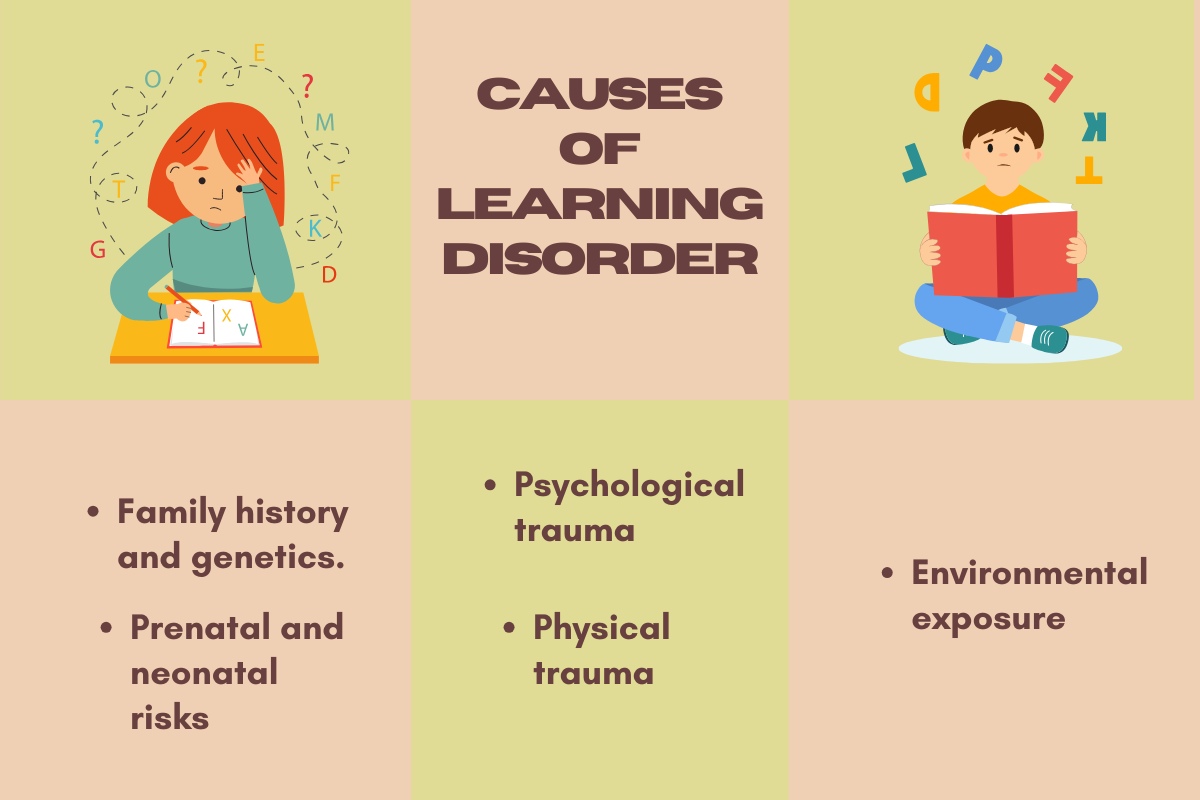
Is It ADHD or a Learning Disorder?
ADHD and learning disorders often overlap, but they’re not the same thing.
🔄 ADHD Affects:
Attention span
Impulse control
Emotional regulation
Task-switching
A child with ADHD may struggle to start or stay focused on tasks, even ones they understand.
Learning Disorders Affect:
Reading (Dyslexia)
Writing (Dysgraphia)
Math (Dyscalculia)
Visual/spatial skills (NVLD)
A child with a learning disorder might focus just fine, but still can’t decode letters, organise thoughts, or grasp spatial steps.
You Might See:
ADHD + dyslexia together
ADHD + NVLD (very common)
Misdiagnosis if the focus is the only thing tested
Many children have both, and supporting one helps the other. But knowing the difference matters—especially for treatment plans.

How to Help a Child With a Learning Disorder
Learning disorders can’t be “fixed”—but they can be supported. With the right approach, kids don’t just survive—they grow in confidence, skills, and independence.
What You Can Do at Home:
Break tasks into steps: Use short, clear instructions one at a time.
Create visual aids: Use charts, checklists, and picture-based reminders.
Establish structure: Predictable routines reduce overwhelm.
Celebrate progress: Praise effort, not perfection. Even a small step matters.
Be patient: Mistakes aren’t defiance—they’re often brain-based.
When to Seek Professional Help
Your child avoids tasks they used to enjoy
School performance drops despite trying
Emotional frustration builds (crying, withdrawing, meltdowns)
You’re hearing “they’re lazy” or “they just don’t try” from others
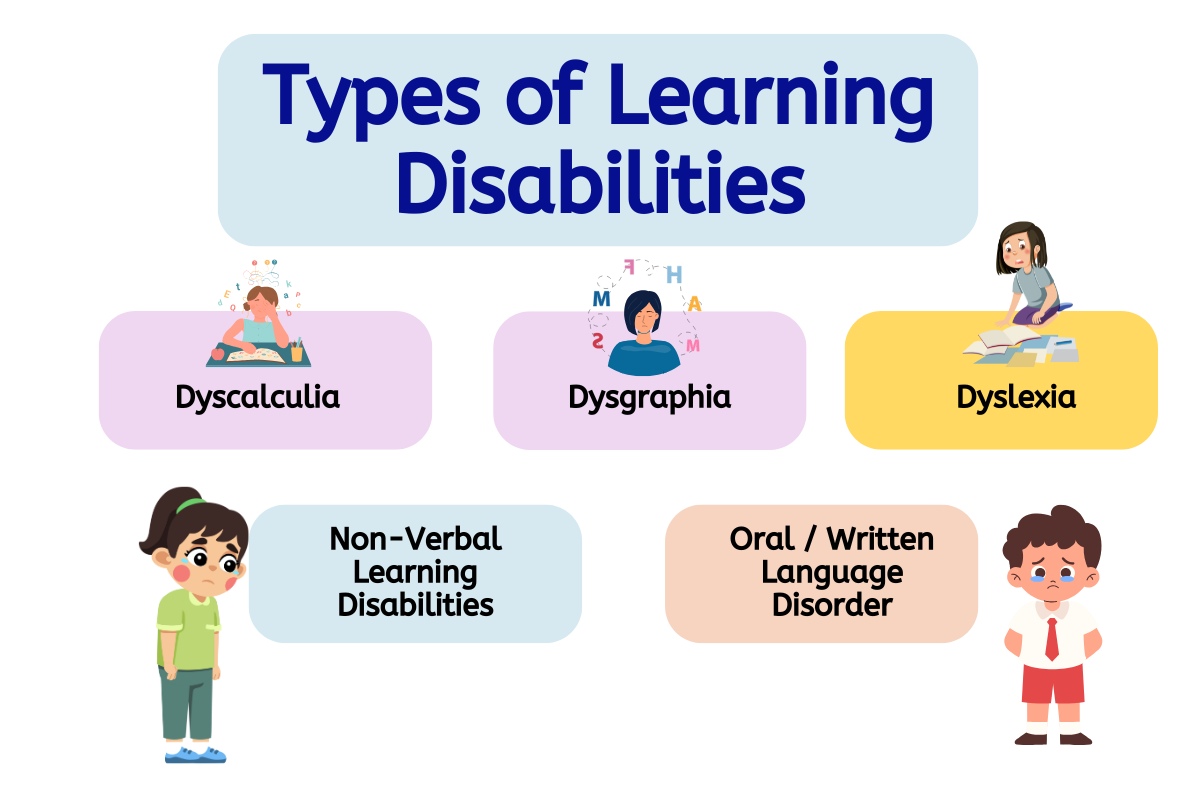
How PsychiCare Can Help
Our licensed child therapists offer:
Online assessments for learning challenges
Support plans for parents and schools
Therapy sessions for kids who feel “stuck,” frustrated, or misunderstood
Guidance for overlapping issues like ADHD, anxiety, or NVLD
👉 Explore our Child & Adolescent Clinic
FAQs: When Simple Tasks Feel Hard for Kids
What learning disorder makes it hard to fold clothes or follow instructions?
Difficulties with folding, wrapping, or following multi-step instructions may suggest a nonverbal learning disorder (NVLD) or a visual-spatial processing issue. These conditions affect how a child understands space, sequences, and physical organisation, not intelligence.
Why can my child understand things but not explain them?
This may be due to expressive language difficulties or working memory challenges. A child may fully grasp a concept but struggle to retrieve or organise their thoughts clearly in speech or writing.
Why do I struggle with simple things but understand complex topics?
Some children (and adults) with NVLD or executive function issues can process abstract ideas well but struggle with real-world tasks that involve steps, space, or coordination. This disconnect is common and treatable.
Is ADHD a learning disorder?
ADHD is not technically a learning disorder, but it often overlaps with one. ADHD affects attention, self-regulation, and task management. Many kids with ADHD also have dyslexia, dysgraphia, or math-related learning challenges.
What should I do if my child struggles with everyday tasks?
Start by observing patterns—do they get stuck on steps, forget things, avoid tasks, or become upset? If these challenges persist, consider a professional evaluation to explore learning disorders, processing issues, or attention difficulties.
